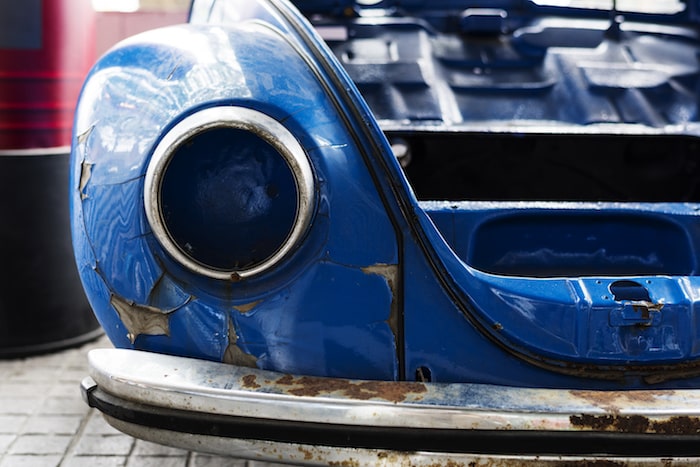If you have ever owned a vehicle, you have likely experienced something that went wrong with it. All good things must come to an end, and that includes our precious vehicles. Some things are minor like oil changes, new tires, brakes, and the occasional belt. These are expected and relatively painless to the bank account. There are other things, like new engines, transmissions, and axles that can break a bank. I should clarify, that unless your car is sitting in a garage, museum or storage facility. Those types of vehicles may escape some sort of calamity. Outside of those types of vehicles, that daily driver will break down at some point. Let’s just say it is the 15th of the month, and you have your monthly bills come out. One of them is the insurance bill. You wonder to yourself; my car isn’t able to be driven right now, do I have to insure it?
The answer, like most things in life, is, it depends. If your daily driver is just a vehicle to drive back and forth to work, has a million miles and paid for years ago, then likely no. There is typically no requirement to have insurance on a non-running vehicle that is paid off and a non-primary vehicle. There may be local regulations that do not allow you to store a non-working vehicle on your property, but that is a different article. This is just for car insurance purposes. If there is no loan, there is no asset for the bank to protect. It is your choice not to keep a non-working vehicle uninsured. You aren’t driving it; it doesn’t really matter. But remember if a tree falls onto it, you better have coverage. You would want to have at least comprehensive coverage, so you don’t lose everything. If you have not paid off your vehicle and it is a primary car, the answer gets a little tricky.
The Bank Needs You To Insure That Broken-Down Car
If you have a loan, the answer is definitely yes, you need to insure the non-usable vehicle. The bank will not allow you to have a potential asset of theirs unprotected. Even in the event that a huge repair comes up in the middle of your loan. I have personally suffered through this once, and it is definitely not fun. But, if you have the right coverage, it can soften the blow. It isn’t the bank’s problem that your car isn’t working, it is up to you to keep paying on the loan and protecting the asset. Even though you cannot drive it, it covers damage from something possibly happening to it in the driveway.
If you do not have a loan, but your primary vehicle becomes disabled, it is a gray area. The issue here is not a bank protecting their asset, but you preventing a coverage gap. This can make future insurance more expensive if you have a time-lapse in insurance coverage. You may want to keep comprehensive coverage on the vehicle to protect from other damages unrelated to driving. It really becomes a personal choice of the value of the car, versus the risk of any more damage occurring to it. Even though a car might not be in running order, does not mean there is no value. This is especially true if paid off. For some of you, it will be a personal decision whether to keep insurance on a broken-down car. For those of you with a bank to satisfy, that answer will almost always be yes. Like all things insurance-related, the best thing to do is call and ask the company for specifics. Just because your car breaks down, doesn’t always mean your insurance coverage can.

